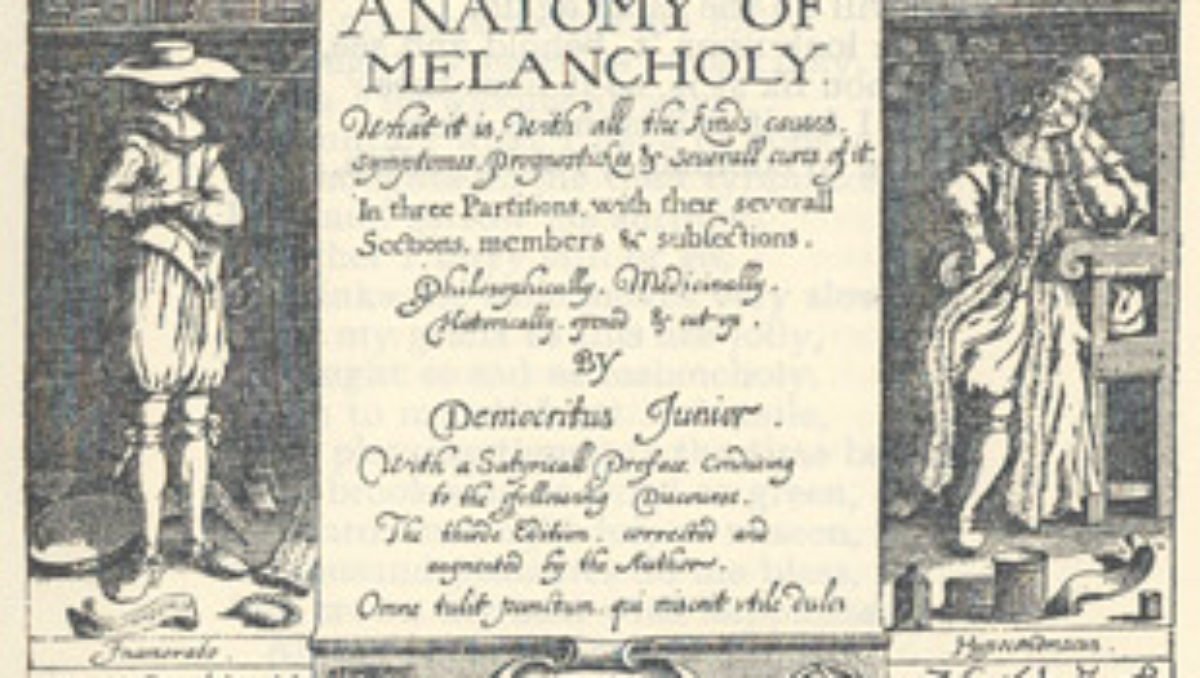FOR BLOCKED AFFECTIONS by Sarah Johnson
A cold flux of the humors can produce heaviness in the tissue, which leads to a blocked affection. The resulting fluids pool in the feet, causing sluggishness. The effect of spirits and devils on this disorder cannot be overlooked. Their natures are various, and their motives obscure. I had a spirit who gave me good dreams and stomach-worms.
A blocked affection makes a man tedious. He is driven to decode his friends’ addresses, convinced of the malice behind each ciphered word and look. A cache of innuendo shines in the light of his diseased fancy. Odd items become significant. Some patients can’t endure mention of a wet towel or a ribbon, from a secret antipathy.
Hooked on the barb of this distemper’s devil, the suffering man must heed its muttering. He shuns company and hoards his pleasures, fearing others’ mockery of his chosen amusements. He suspects even his doctor wishes him ill. He avoids medication on a pretext, being wary of arsenic.
The treatment shouldn’t fully clear the distempered humor. As in bloodletting, draining too much of its chill vitality will worsen the imbalance. Suspicion has sometime a good cause. (Wasn’t my friend a swindler after all?) Anyone may develop blocked affections. If you clasp someone’s hand and his fingers are cold, suspect him of it.
Listen to Sarah Johnson discuss “For Blocked Affections” below…
MR. BOSWELL PEELS AN ORANGE by Sarah Johnson
My wife’s marmalade is the best I’ve had. She peels and crushes
the oranges herself, and for days
the house smells of oranges’ beaten golden pulp. Under her persistent hands,
the fruit submits. It becomes a vivid concentrate,
textured with rind. Stored in jars,
it will keep for months.
Johnson used to make a drink for himself
at our Club, with water and muddled oranges. With a spoon he crushed the segments
down in the glass. Fishing out the peels, he put them quickly
in his pocket—it seemed he didn’t want to be discovered, though his dirty coat
smelled guilty as oranges. I made a bet with a lady,
who didn’t think me man enough
to ask him why he kept the pieces. It was one of his obscure compulsions.
My store of notes was still growing
in those days, rising in ragged pillars in my stonewalled study, away in Scotland
where I’d compile them. Johnson’s voice, unmistakable, kept sounding
through me. When he died, I was in Edinburgh. He left me nothing.
On the morning I dared
to ask him, I stood over his writing-desk, my pen ready. I saw the peels
in a neat stack atop his diary. Under pressure, my friend admitted
his great liking for orangepeel. I noted down his strange unwillingness
to answer freely. Each peel was scraped and dried,
and cut into thin pieces. What he did with them next, he could not be prevailed upon
to tell. Firmly as always, he pressed my expression into vigor
and correctitude: he could not be prevailed upon,
even by his dearest friends, to tell. My pages smell of citrus, still.
Listen to Sarah Johnson discuss “Mr. Boswell Peels An Orange” below…

